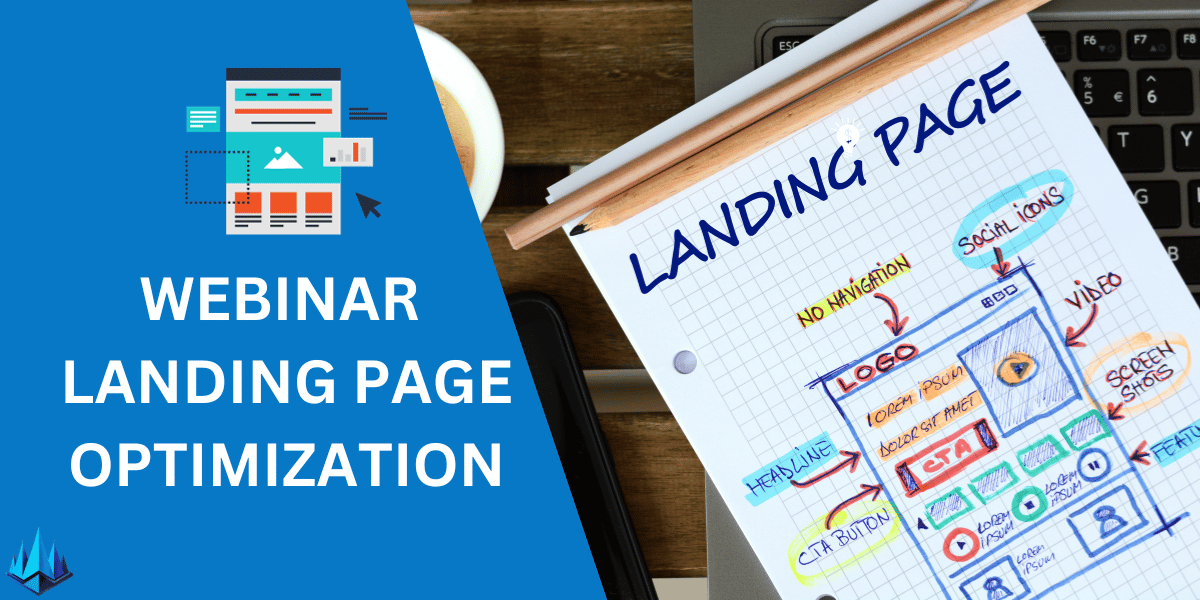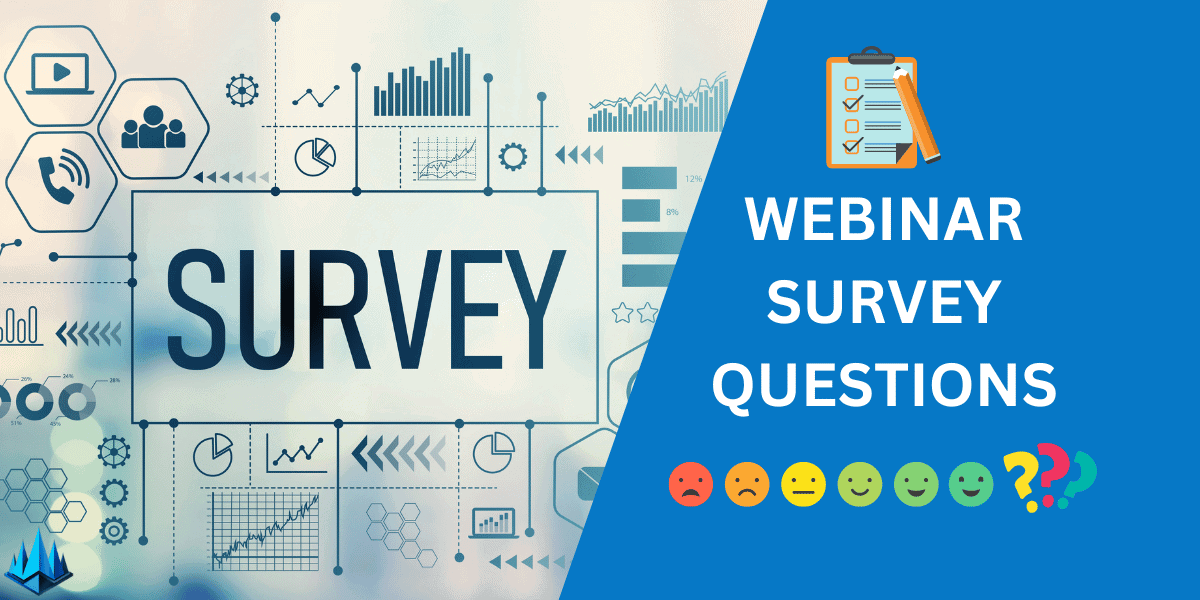When it comes to project management, choosing the best CRM for project management is essential for success. One tool that has become increasingly popular is customer relationship management (CRM) software. By integrating CRM with project management, businesses can streamline their workflows and improve communication with customers.
Understanding CRM and project management is key to choosing the right software for your business. CRM software is designed to help businesses manage their interactions with customers, while project management software is focused on managing tasks and projects. By combining the two, businesses can improve their customer relationships while also managing their projects more efficiently.
In this article, we will take a look at the top CRM software options for project management. We will also explore the key features of CRM software for project management, the benefits of using CRM for project management, and how to choose the right CRM for your business. We will also discuss the role of CRM in customer relationship management and how to integrate CRM with other business tools.
Key Takeaways
- CRM software can be a valuable tool for businesses looking to improve their project management workflows and customer relationships.
- The top CRM software options for project management include Salesforce, Asana, Wrike, Monday, Sales CRM, Insightly, vTiger, Accelo, Bitrix24, TeamWave, and BigContacts.
- When choosing a CRM for project management, businesses should consider factors such as cost, ease of use, and integration with other tools.
Understanding CRM and Project Management
At its core, Customer Relationship Management (CRM) is about improving customer satisfaction and loyalty by managing interactions with customers and clients. On the other hand, Project Management (PM) is about planning, organizing, and executing projects efficiently and effectively. Combining CRM with PM can create a potent mix that empowers businesses to manage customer interactions and project workflows concurrently.
When it comes to CRM software, it is designed to help businesses of all sizes organize client contact information and communication and streamline a company’s sales, marketing, and service. The software helps businesses keep track of customer interactions, leads, and sales, which can be used to improve customer service and sales efforts.
Similarly, Project Management software is designed to help businesses plan, organize, and execute projects efficiently and effectively. The software helps businesses define tasks, identify resources, and track efforts through to completion to benefit the customer.
By adopting a CRM platform into your project management, you can create strategic alignment between PM teams, sales, and customer service. This alignment can help businesses to improve customer satisfaction, increase customer loyalty, and ultimately drive more revenue.
When combining CRM and Project Management, it is important to note that they have their differences. CRM is about managing customer interactions and relationships, while PM is about managing projects. However, both are essential for businesses that want to improve customer satisfaction and loyalty.
In conclusion, by leveraging CRM with project management, businesses can create a potent mix that empowers them to manage customer interactions and project workflows concurrently. This can help businesses to improve customer satisfaction, increase customer loyalty, and ultimately drive more revenue.
Best CRM For Project Management
When it comes to managing projects and sales leads, having a reliable CRM system can make all the difference. We’ve researched and analyzed the top CRM software options available in 2023 and have narrowed down the list to the best options for project management.
Salesforce
Salesforce is a popular CRM software that offers a wide range of features for managing projects and sales leads. With its customizable dashboards, users can easily track project progress, sales pipelines, and customer interactions. Salesforce also integrates with a variety of other tools, making it a versatile option for project management.
Monday.com
Monday.com is a project management tool that also offers a CRM feature for managing sales leads. Its intuitive interface and customizable workflows make it easy to track leads, manage projects, and collaborate with team members. Monday.com also offers automation features, such as automatic lead assignment and follow-up reminders.
HubSpot
HubSpot is a comprehensive CRM software that offers a variety of features for managing sales, marketing, and customer service. Its project management feature allows users to track project progress, assign tasks, and collaborate with team members. HubSpot also offers marketing automation features, such as email campaigns and lead capture forms.
Pipedrive
Pipedrive is a user-friendly CRM software that offers a visual sales pipeline for tracking leads and managing projects. Its customizable dashboards and reporting features make it easy to track project progress and sales performance. Pipedrive also integrates with a variety of other tools, such as Google Apps and Zapier.
Zoho CRM
Zoho CRM is a comprehensive CRM software that offers a variety of features for managing sales, marketing, and customer service. Its project management feature allows users to track project progress, assign tasks, and collaborate with team members. Zoho CRM also offers marketing automation features, such as email campaigns and lead capture forms.
Celoxis
Celoxis is a project management software that offers a CRM feature for managing sales leads. Its customizable dashboards and reporting features make it easy to track project progress and sales performance. Celoxis also offers automation features, such as automatic task assignments and email reminders.
Creatio
Creatio is a comprehensive CRM software that offers a variety of features for managing sales, marketing, and customer service. Its project management feature allows users to track project progress, assign tasks, and collaborate with team members. Creatio also offers marketing automation features, such as email campaigns and lead capture forms.
Wrike
Wrike is a versatile project management software that can also be used as a CRM. Its customizable workflows and reporting features make it easy to track sales leads and manage projects seamlessly. When configured properly, Wrike can help businesses acquire, organize, and update leads and contact information.
Freshsales
Freshsales is a user-friendly CRM software that offers a visual sales pipeline for tracking leads and managing projects. Its customizable dashboards and reporting features make it easy to track project progress and sales performance. Freshsales also integrates with a variety of other tools, such as Google Apps and Zapier.
Trello
Trello is a popular project management tool that can also be used as a simple CRM. Its Kanban-style boards and customizable workflows make it easy to track sales leads and manage projects. Trello also integrates with a variety of other tools, such as Google Drive and Slack.
Microsoft Project
Microsoft Project is a comprehensive project management software that offers a variety of features for managing complex projects. Its project management feature allows users to track project progress, assign tasks, and collaborate with team members. Microsoft Project also integrates with a variety of other tools, such as Microsoft Teams and SharePoint.
Smartsheet
Smartsheet is a versatile project management software that offers a variety of features for managing projects and sales leads. Its customizable workflows and reporting features make it easy to track project progress and sales performance. Smartsheet also integrates with a variety of other tools, such as Microsoft Office and Salesforce.
Overall, there are many CRM software options available for project management. The best option for your business will depend on your specific needs and budget. We recommend evaluating each option carefully and choosing the one that best fits your business requirements.
Key Features of CRM for Project Management
As we explore the best CRM for project management, it’s important to understand the key features that make CRM software suitable for project management. Here are some of the essential features to look for:
Task Management
A good CRM for project management should have robust task management capabilities. This includes features like creating and assigning tasks, setting due dates, and tracking progress. With task management, you can ensure that everyone on your team is on the same page and working towards the same goals.
Pipeline Management
Pipeline management is another important feature to look for in a CRM for project management. It allows you to visualize your sales pipeline and track the progress of each deal. This helps you identify bottlenecks and improve your sales process.
Reporting and Dashboards
Reporting and dashboards are essential for tracking key metrics and identifying trends. A good CRM for project management should have customizable reports and dashboards that allow you to track the metrics that matter most to your business.
Integrations
Integrations are crucial for streamlining your workflow and ensuring that your team has access to all the tools they need. Look for a CRM that integrates with other tools you use, such as email, marketing automation, and project management software.
Automation
Automation can save you time and increase efficiency by automating repetitive tasks. Look for a CRM that allows you to create custom automation based on triggers like lead status changes or task completions.
Gantt Charts
Gantt charts are a visual way to track the progress of your projects. A good CRM for project management should have Gantt chart capabilities that allow you to view project timelines and dependencies.
Lead Management
Lead management is essential for tracking and nurturing leads throughout the sales process. Look for a CRM that allows you to track lead sources, set up lead scoring, and automate lead nurturing.
Marketing Automation
Marketing automation allows you to automate repetitive marketing tasks like email campaigns and social media posts. Look for a CRM that includes marketing automation capabilities to streamline your marketing efforts.
AI Tools
AI tools like predictive analytics and machine learning can help you make data-driven decisions and improve your sales process. Look for a CRM that includes AI tools to gain a competitive edge.
Time Tracking
Time tracking is essential for tracking billable hours and ensuring that your team is working efficiently. Look for a CRM that includes time-tracking capabilities to streamline your billing process.
File Storage
File storage is essential for keeping all your project files in one place. Look for a CRM that includes file storage capabilities to ensure that everyone on your team has access to the files they need.
In conclusion, a good CRM for project management should have robust task and pipeline management capabilities, customizable reporting and dashboards, integrations with other tools, automation, Gantt charts, lead management and marketing automation capabilities, AI tools, time tracking, and file storage. By choosing a CRM with these features, you can streamline your workflow and improve your project management process.
Benefits of Using CRM for Project Management
When it comes to project management, incorporating a customer relationship management (CRM) system can be incredibly beneficial. Here are some of the top advantages of using a CRM for project management:
Improved Collaboration and Communication
One of the biggest benefits of using a CRM for project management is improved collaboration and communication. With a CRM system, team members can easily share information and updates on projects, allowing for increased transparency and productivity. This can help ensure that everyone is on the same page and working towards the same goals.
Better Sales and Customer Service
A CRM system can also help improve sales and customer service. By keeping track of customer interactions and preferences, team members can provide more personalized and effective service. This can help build stronger relationships with clients and increase customer loyalty.
More Efficient Project Management
Using a CRM system can also lead to more efficient project management. With templates and workflows, team members can easily create and manage projects, reducing the time and effort required to get things done. This can help increase productivity and reduce the risk of errors or delays.
Increased Flexibility and Robustness
A CRM system can also be incredibly flexible and robust, allowing team members to tailor it to their specific needs. This can help ensure that the system is able to adapt to changing requirements and initiatives, making it a valuable long-term investment.
Overall, using a CRM system for project management can provide a range of benefits, from improved collaboration and communication to better sales and customer service. By incorporating a CRM system into your project management workflow, you can help increase efficiency, transparency, and productivity, ultimately leading to greater success for your team and organization.
Choosing the Right CRM for Your Business
When it comes to project management, having the right CRM can make all the difference. But with so many products and services on the market, it can be overwhelming to choose the right one for your small business. Here are some factors to consider when selecting a CRM solution:
Interface and User-Friendliness
One of the most important factors to consider when choosing a CRM is the interface. A user-friendly interface can make all the difference in how quickly your team can adopt and integrate the solution into their daily workflows. Look for a solution that is intuitive and easy to navigate, with clear labels and a logical layout.
Cloud-Based Solution
A cloud-based solution is a great option for small businesses, as it allows for easy collaboration and access to data from anywhere with an internet connection. This is especially important for remote teams or businesses with multiple locations.
Strategy and Value
Consider your business’s overall strategy and goals when selecting a CRM solution. Some solutions may be better suited for businesses with a focus on sales, while others may be more geared towards marketing or customer service. Look for a solution that aligns with your business’s needs and offers value for your investment.
Pricing and Lifecycle
Pricing is always a consideration when choosing a CRM solution, but it’s important to also consider the lifecycle of the product. A solution that is inexpensive upfront may end up costing more in the long run if it requires frequent updates or add-ons. Look for a solution with a reasonable price point and a track record of longevity and support.
Ultimately, choosing the right CRM for your small business requires careful consideration and research. By taking into account factors such as interface, cloud-based solutions, strategy and value, and pricing and lifecycle, you can make an informed decision that will benefit your business for years to come.
Integrating CRM with Other Business Tools
At our company, we understand that project management involves more than just tracking tasks and deadlines. That’s why we recommend integrating your CRM with other business tools to streamline workflows and improve overall operations. By connecting your CRM with other tools, you can gain a more comprehensive view of your contacts, pipelines, and scheduling.
One popular tool for project management is Asana. By integrating your CRM with Asana, you can easily create tasks and projects based on your contacts and pipelines. This can help you stay organized and ensure that nothing falls through the cracks. Additionally, you can use Asana to track progress and collaborate with your team in real time.
Another important aspect of project management is invoicing. By integrating your CRM with an invoicing tool, you can streamline the billing process and ensure that you get paid on time. Some popular invoicing tools that integrate with CRM systems include QuickBooks and Xero.
Marketing teams can also benefit from integrating their CRM with other tools. For example, you can use your CRM to track lead generation and then export that data to your email marketing provider. This can help you create more targeted and effective email campaigns.
When it comes to sales teams, integrating your CRM with a reliable scheduling tool can be a game-changer. By using a tool like Calendly or Doodle, you can easily schedule meetings and calls with your contacts based on your availability. This can save you time and help you close deals faster.
Overall, integrating your CRM with other business tools can help you improve your planning, streamline your workflows, and boost your productivity. We recommend exploring the different third-party integrations available for your CRM and finding the ones that work best for your business.
The Role of CRM in Customer Relationship Management
As a project management tool, CRM (Customer Relationship Management) software plays a vital role in managing customer data and relationships. At its core, CRM software is designed to help businesses acquire, organize, and update leads and contact information.
One of the primary benefits of CRM software is that it allows businesses to centralize customer data in one place. This means that customer support teams can quickly and easily access information about a customer’s past purchases, preferences, and feedback. By having a complete view of the customer, teams can provide more personalized and effective support.
In addition to providing customer support, CRM software can also help businesses manage their relationships with customers. By tracking customer interactions and feedback, businesses can identify areas for improvement and make changes to better serve their customers. This can lead to increased customer loyalty and retention.
Traditional resource management tools may not have the same level of functionality as CRM software when it comes to managing customer relationships. While project management software may provide some basic customer data tracking features, it may not have the same level of customization and integration with other systems that CRM software offers.
Overall, CRM software can play a crucial role in managing customer relationships and improving customer support. By centralizing customer data and providing insights into customer interactions, businesses can provide more personalized support and improve customer satisfaction.
Conclusion

In conclusion, choosing the best CRM for project management can greatly improve productivity, communication, and collaboration within a team. By integrating a CRM solution into project management processes, businesses can better manage tasks, resources, and workflows.
When selecting CRM software, it is important to consider the specific needs of your business and team. Look for a solution that offers a user-friendly interface, automation capabilities, and customizable workflows.
Some of the best CRM software for project management include Monday.com, Hubspot, and Salesforce. Each of these tools offers unique features and services, such as project tracking, lead management, and customer service.
Ultimately, the success of a CRM implementation depends on the team’s willingness to adopt and utilize the solution effectively. By providing proper training and support, businesses can ensure that their team is equipped with the necessary tools to streamline processes and improve overall efficiency.
Frequently Asked Questions

What are some popular CRM options for project management?
There are many CRM options available for project management, but some of the most popular ones include Salesforce, HubSpot, Zoho, and Insightly. Each of these CRM systems offers different features and pricing plans, so it’s important to evaluate each one to determine which one is the best fit for your project management needs.
Are there any CRM systems that integrate well with project management tools?
Yes, many CRM systems integrate well with project management tools. For example, Salesforce integrates with Asana, Trello, and Jira, while HubSpot integrates with Asana and Basecamp. Zoho integrates with Trello, Asana, and Wrike, and Insightly integrates with Trello and Asana. It’s important to research which CRM systems integrate with the project management tools you use to ensure seamless integration and workflow.
Can CRM software be used for both sales and project management?
Yes, CRM software can be used for both sales and project management. In fact, many CRM systems offer features for both sales and project management, such as lead tracking, task management, and reporting. Using a CRM system for both sales and project management can help streamline workflows and provide a more comprehensive view of customer interactions and project progress.
What features should I look for in a CRM system for project management?
When evaluating CRM systems for project management, it’s important to look for features such as task management, collaboration tools, project tracking, and reporting. Additionally, integrations with project management tools and customizable dashboards can be helpful for streamlining workflows and keeping track of project progress.
How do I choose the right CRM for my project management needs?
To choose the right CRM for your project management needs, it’s important to evaluate your workflow and project management needs. Consider factors such as team size, project complexity, and budget when selecting a CRM system. Additionally, take advantage of free trials and demos to test out different CRM systems and determine which one is the best fit for your needs.
What are the benefits of using a CRM for project management?
Using a CRM system for project management can provide many benefits, such as improved collaboration, streamlined workflows, and better project tracking. By using a CRM system, teams can stay organized and on top of project deadlines and milestones, leading to improved productivity and project success.











